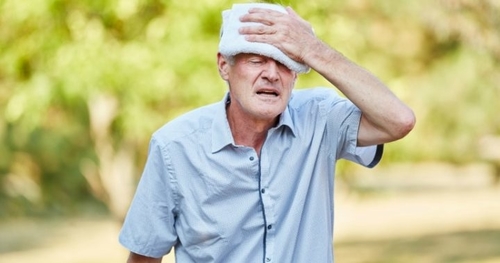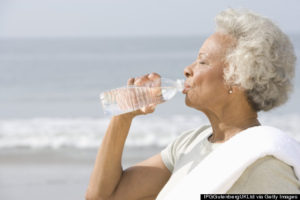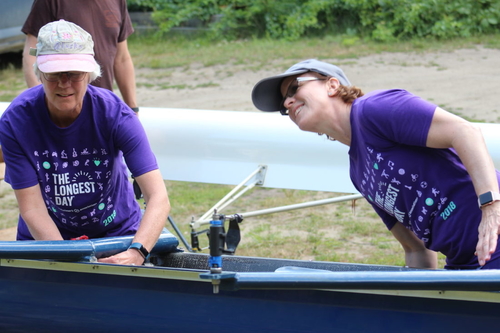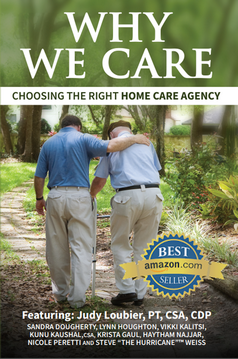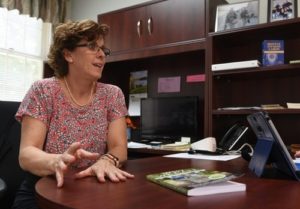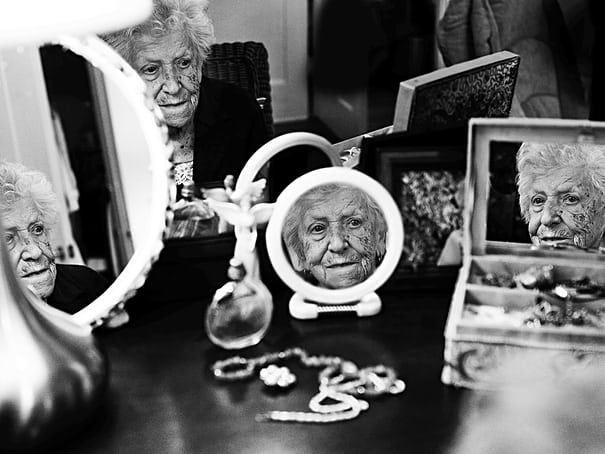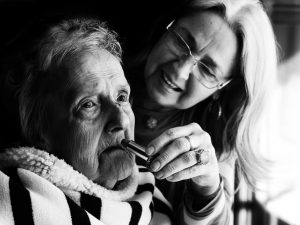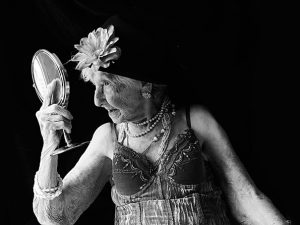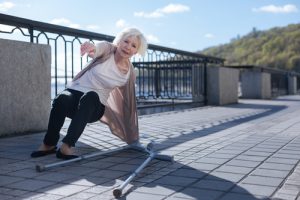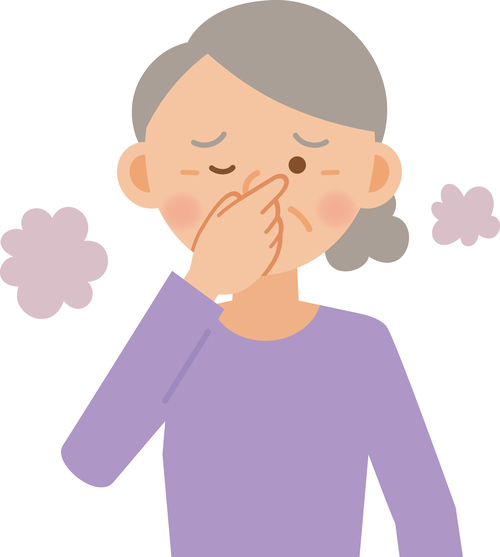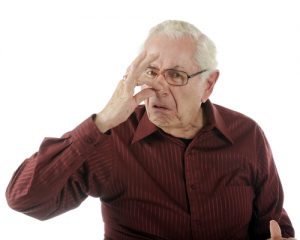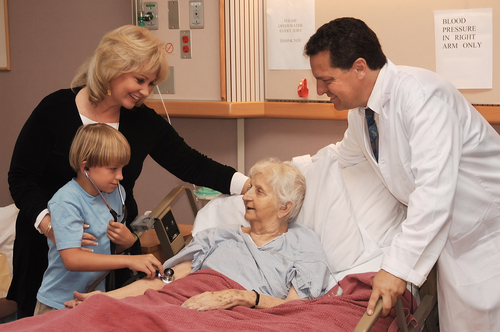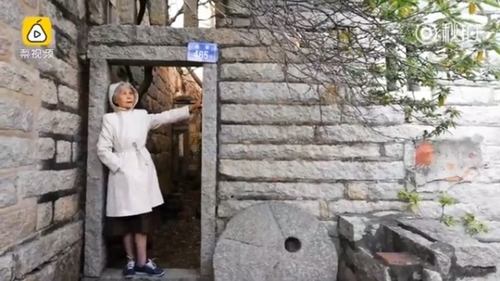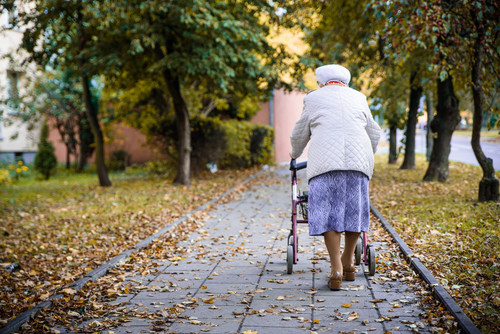
People are living longer than ever and this brings about it’s own problems. Many countries are facing a crisis of not enough caregivers for their elderly population. Individuals also have their own set of problems as they live longer. Here are the 8 challenges of aging.
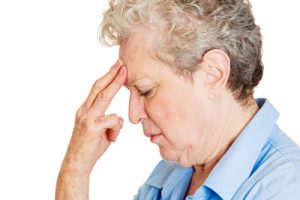
The 8 Challenges of Aging
Here are some of the top challenges of aging.
1. Engagement and Purpose
Ageism and outdated social norms have created isolated older populations. This is happening in both rural and urban places.
Getting seniors engaged is so important to the health of seniors and the communities.
We need to create new ways to tap into their wisdom and opportunities for lifelong learning and fun.
2. Financial Wellness
People are living longer and models of work and retirement have not kept up. We need to come up with ways to help people have enough money to live.
Maybe even have later life employment opportunities. We also need to prevent scams and fraud.
3. Mobility and Movement
Remaining safe and mobile is key to having a good life. Homes and communities are not always designed for that. There needs to be products, programs, and services that help people get stronger, more balance, and more fit.
4. Daily Living and Lifestyle
Most people want to age in their home, though 1/3 of people over 65 need help with one activity of daily living. Things like eating, bathing, and dressing.
There need to be more programs that help people stay in their home and keep their independence. We also need to encourage them to pursue their passions and ability to thrive. Just like Seniors Helping Seniors NH!
5. Caregiving
Care for older adults is often done by both informal and formal caregivers. Family caregivers are often juggling other family, work responsibilities, and living.
We need to give them better support, training resources, and tools to help them take care of themselves and their loved ones.
6. Care Coordination
We need to smooth out the health care system to make life easier for seniors and their families. So much money is spent on managing chronic conditions.
We should come up with new tools and care models to support care transitions, clinical collaboration, medication management, population health management, and remote care delivery.
7. Brain Health
Alzheimer’s disease is the 6th leading cause of death in the US. It’s projected to cost 1.1 trillion dollars by 2050.
While there remains to be no cure for Alzheimer’s disease, we can make better tools and services. If we increase awareness then we can get tools for early diagnosis.
8. End of Life
It’s inevitable, but we can make it easier to prepare for it. We need to help families navigate these twisty mazes of end of life preparations.
Read more here.




